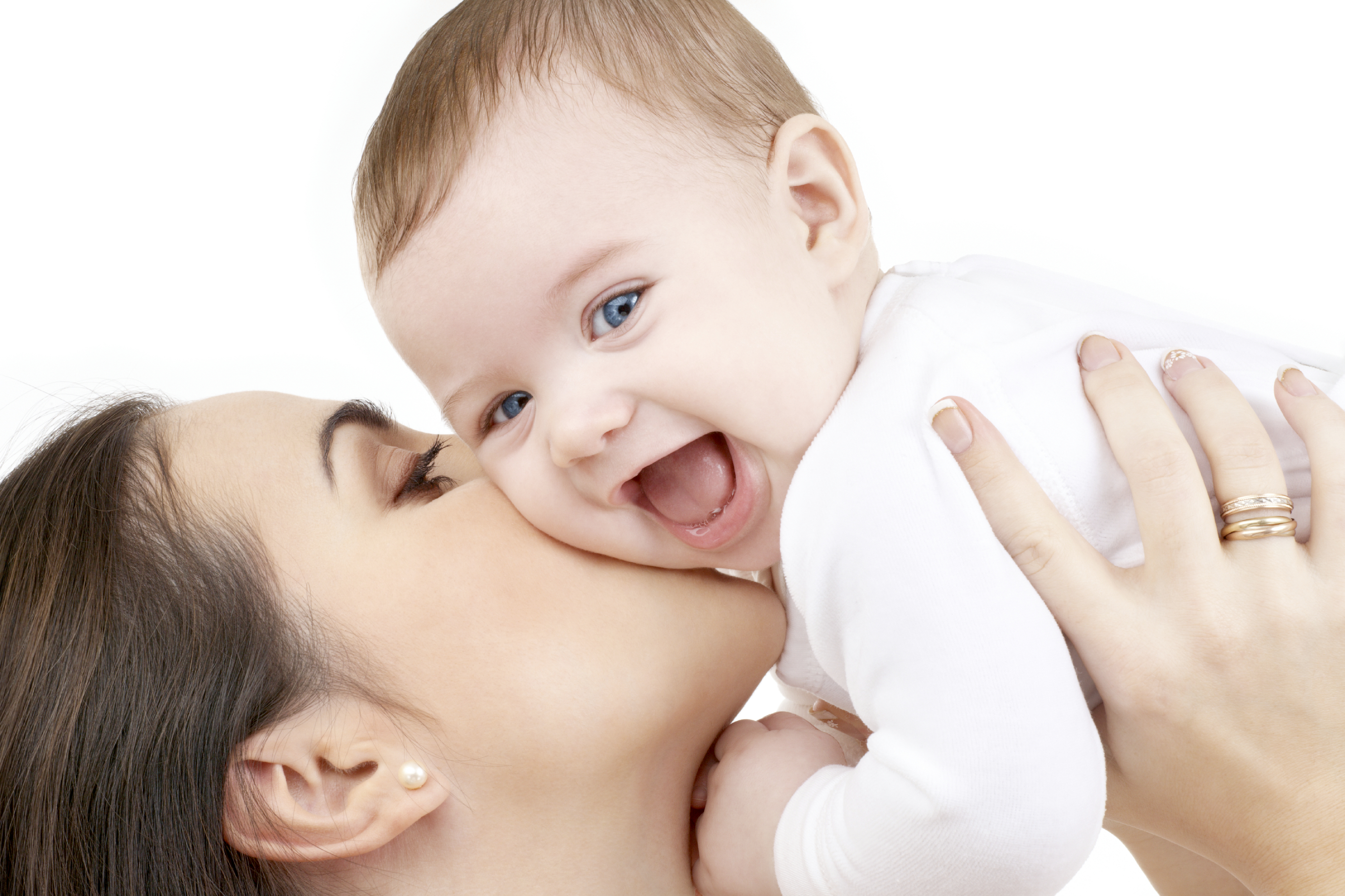الأطفال الذين لا يرضعون من امهاتهم ،اكثر عرضة للموت

إذا كنت على وشك الولادة ،فهذه النصيحة الأهم ،حاولي ارضاع طفلك بعد ولادته فورا ،فقدأعلنت منظمتا الـيونيسف والصحة العالمية، أن 78 مليون طفل، أي 60% من المواليد، لا يرضعون طبيعياً، خلال الساعة الأولى بعد الولادة، ما يزيد من تعرضهم لخطر الموت والمرض. وكشف التقرير الذي صدر اليوم الثلاثاء، عن المنظمتين، بعد تحليل بيانات من 76 دولة، أن معظم الأطفال الذين يتأخرون في الرضاعة بعد الولادة، يولدون في البلدان منخفضة ومتوسطة الدخل، ويقلل احتمال استمرارهم على الرضاعة الطبيعية.
وأضاف التقرير أن احتمالات البقاء على قيد الحياة للمواليد الذين يرضعون طبيعيًا في الساعة الأولى من حياتهم تزيد بكثير عن غيرهم، بينما قد يؤدي التأخير ولو لسويعات قليلة بعد الولادة إلى عواقب فتاكة، بحسب ما نقلت وكالة “الأناضول”.
وذكر التقرير أن التلامس بين الأم والطفل والرضاعة من الثدي يعملان على تحفيز إنتاج حليب الأم، بما في ذلك إنتاج اللبأ، وهو “اللقاح الأول” للطفل والغني جداً بالعناصر المغذية والأجسام المضادة.
وقالت هنرييتا فور، المديرة التنفيذية لليونيسف: “عندما يتعلق الأمر ببدء الرضاعة الطبيعية، فالتوقيت هو العنصر الأهم، بل هو الفرق بين الموت أو الحياة في العديد من البلدان. ومع ذلك، فملايين المواليد الجدد تفوتهم كل عام فوائد الرضاعة الطبيعية المبكرة، لأسباب بمقدورنا تغييرها في الغالب”.
وأضافت أن “الحقيقة المؤسفة هي أن الأمهات لا يتلقين الدعم الكافي للرضاعة الطبيعية خلال تلك الدقائق الأولى الحاسمة بعد الولادة، حتى من قبل العاملين في المرافق الصحية”.
وكشف التقرير أن معدلات الرضاعة الطبيعية خلال الساعة الأولى بعد الولادة هي الأعلى في شرق وجنوب إفريقيا (65%)، والأدنى في شرق آسيا والمحيط الهادئ (32%).
وفي الساعة الأولى، يتم إرضاع 9 من كل 10 أطفال في بوروندي وسري لانكا وفانواتو، وعلى النقيض من ذلك، فالنسبة هي 2 من 10 فقط يرضعون طبيعياً في أذربيجان وتشاد والجبل الأسود.
وقال الدكتور تيدروس أدهانوم غيبرييسوس، المدير العام لمنظمة الصحة العالمية: “الرضاعة الطبيعية تمنح الأطفال أفضل بداية ممكنة في الحياة، علينا توسيع نطاق الدعم للأمهات بشكل عاجل، سواء من أفراد الأسرة أو العاملين في مجال الرعاية الصحية أو أصحاب العمل أو الحكومات، كي يتمكن من منح أطفالهن البداية التي يستحقونها”.
وأشار التقرير إلى أنه وبرغم أهمية البدء المبكر بالرضاعة الطبيعية، فالعديد من المواليد الجدد ينتظرون وقتاً طويلاً حتى يرضعوا طبيعياً، لأسباب مختلفة، منها إطعام المواليد الجدد مواد غذائية أو مشروبات، منها الحليب الصناعي، أو قيام كبار السن بتغذية الرضيع بالعسل، أو قيام العاملين الصحيين بإعطاء المولود الجديد سائلاً معيناً كالماء المحلى أو حليب الأطفال الصناعي، من شأنها أن تؤخر أول اتصال حاسم للمولود الجديد مع الأم.
ونوه التقرير بارتفاع سبب تأخر الرضاعة الطبيعية أيضاً هو عدد العمليات القيصرية الاختيارية، ففي مصر، ازدادت نسب العمليات القيصرية بأكثر من الضعف بين 2005 و2014، حيث بلغت من 20% إلى 52% من مجموع الولادات، وخلال نفس الفترة، تقلصت نسب البدء المبكر للرضاعة الطبيعية من 40% إلى 27%.
ويشير التقرير إلى أن معدلات البدء المبكر بالرضاعة أقل بشكل ملحوظ بين المواليد الجدد الذين يتم توليدهم بعملية قيصرية، ففي مصر مثلاً، سمح لـ19% فقط من الأطفال القيصريين ببدء الرضاعة الطبيعية في الساعة الأولى بعد الولادة، مقارنة بـ39% من أطفال الولادات الطبيعية.
وحثّ التقرير الحكومات والمانحين وغيرهم من صناع القرار على اتخاذ تدابير قانونية قوية لتقييد تسويق حليب الأطفال وغيره من بدائل حليب الأم.






